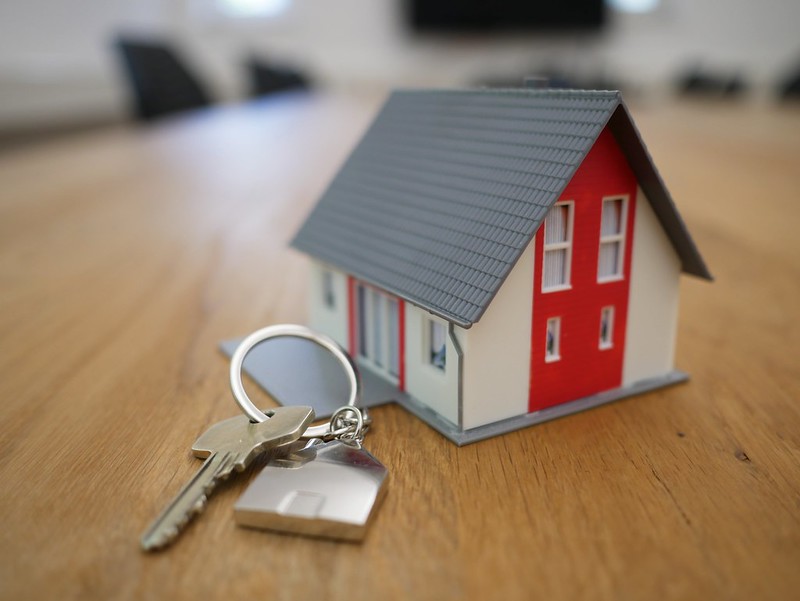
A new report from London Councils highlights the need for greater cooperation between leaseholders and local authorities, as well as potential legal reforms, to help residents in leasehold flats
cut their energy bills.
London is home to the highest number of leaseholder properties in the UK—accounting for 36% of all homes and 62% of flats. Making these homes more energy efficient is a top priority for the city’s boroughs, but efforts to improve insulation or switch to renewable heating systems are being slowed by financial and legal hurdles.
The report acknowledges that shared buildings, where leaseholders and council tenants live side by side, pose particular challenges. The cost and complexity of retrofitting entire buildings, along with unclear legal guidance, often leave leaseholders without access to improvement schemes—and put additional strain on council budgets.
To help tackle these issues, the report provides practical, step-by-step advice for local authorities. It covers how to engage with residents, navigate the legal system, and manage the financial side of energy efficiency upgrades. It also lays out a series of policy recommendations aimed at making future projects more feasible.
Key policy suggestions include:
Creating a clearer legal framework to improve collaboration between freeholders and leaseholders, making cost recovery smoother and easing financial burdens.
Providing consistent guidance on leaseholder cost caps, as boroughs often receive conflicting legal interpretations.
Adjusting government funding schemes so that councils have enough time to meet legal consultation requirements for leasehold properties.
Ensuring legal timelines are factored into funding allocations, allowing councils to comply with obligations while still accessing vital grants.
The report is a call to action for both local and national government to remove barriers and empower leaseholders to make their homes greener and more affordable to run.
Cllr Kieron Williams, London Councils Executive Member for Climate, Transport and Environment, said:
“Making it easier for leaseholders to carry out improvements to their homes is an important issue for London - more than a third of all homes in the city are owned by leaseholders, including 62% of flats.
“We also have 379,000 households living in fuel poverty in London, partly due to the number of cold and poorly insulated homes in the capital. This is damaging people’s health and eating into people’s incomes.
“Today’s report sets out clear recommendations for how councils can accelerate the delivery of energy saving measures for leasehold properties, making it easier for leaseholders to make their homes greener and warmer.
“With 31% of London’s carbon emissions coming from domestic buildings, not only will these improvements lower energy bills, but they will play a vital role in achieving our goal to reduce carbon emissions across the capital.”




































